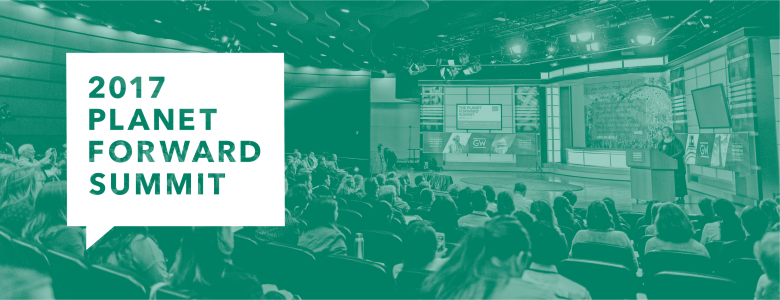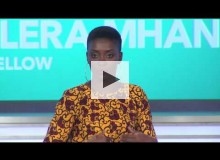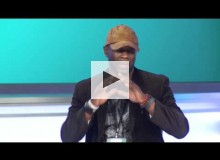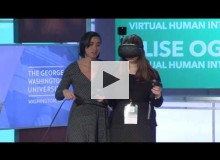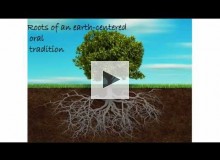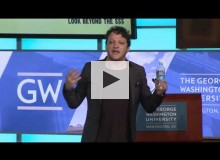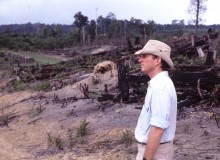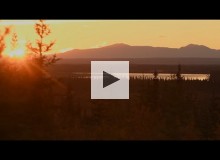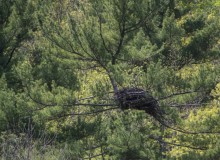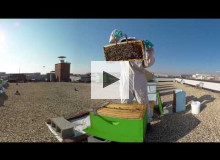Sustainability and science need storytellers now more than ever.
The 2017 Planet Forward Summit on April 6-7 in Washington, D.C., focused on how we as students, scientists, communicators, innovators, policymakers and citizens of the earth, communicate to inspire action. The summit brought everyone together, all in one room, to share inspiring stories, featuring the best storytellers, collaborating to learn what makes an effective environmental story and to celebrate and reward the best environmental storytelling by college students.
The two-day Summit investigated effective sustainability storytelling through the lens of our Storyfest contest categories: character, creativity, science/data, innovation and big ideas. Major topics covered include: food, water, energy, mobility, built environment, and biodiversity. See the welcome video.
Character: James Gilbey, Vice President Creative Solutions at Discovery Agency, showed off the best (and worst) of character-driven storytelling, and revealed how effective characters can compel and inspire change.
Creativity: Dr. Robin Kimmerer, Director for the Center for Native Peoples and the Environment at SUNY-ESF, demonstrated how, in a crowded digital world, powerful Native oral traditions of storytelling can capture the heart and soul of stories, and shared why we should incorporate the themes of this tradition into modern storytelling.
Science/Data: Tobin Asher and Elise Ogle, from the Virtual Human Interaction Lab at Stanford University, revealed the connection between people and immersive virtual reality simulations, and took us on a virtual “field trip” to a degraded ocean ecosystem, exposing the power of VR.
Innovation: Food experts Chris Policinski, President and CEO of Land O’Lakes, Inc., Shawn Lightfoot, co-founder of The Fresh Food Factory, and Katie Dotterer-Pyle, a Maryland farmer at Cow Comfort Inn, shared how they use innovation in their work to tell their food stories.
Big ideas: Frank Sesno engaged three African journalists and Mandela Fellows — Olorunfunmi Adebajo, Nana Boakye-Yiadom, and Rachel Kalera-Mhango — in a conversation about big ideas that move the planet forward.
And Andrew Revkin, a senior reporter for ProPublica covering climate change and former editor of Dot Earth at The New York Times, talked with Frank Sesno about telling the story of our planet.
The grand prize winners of our student storytelling contest, Planet Forward Storyfest 2017, were announced in front of a live audience. These storytellers will be heading to Brazil in June.

